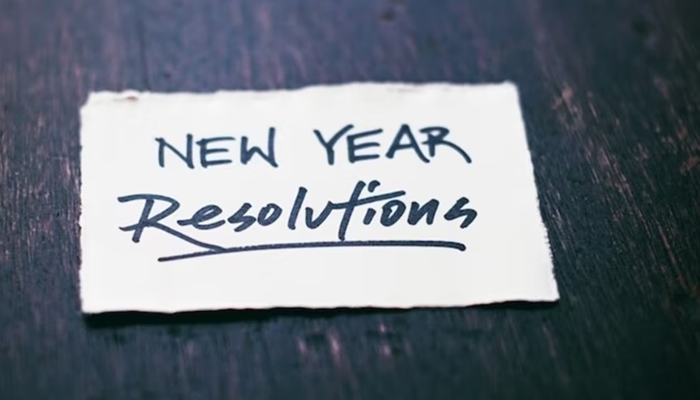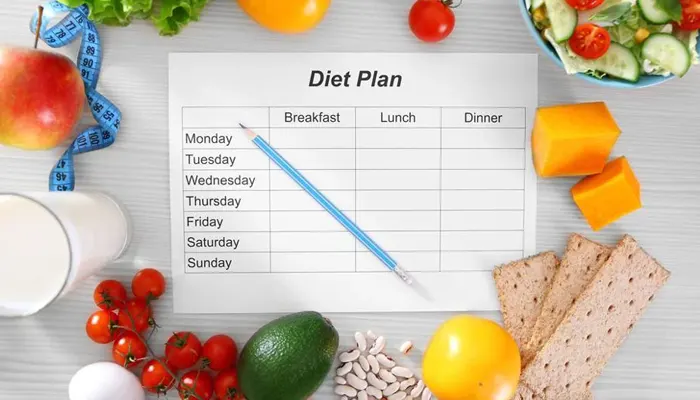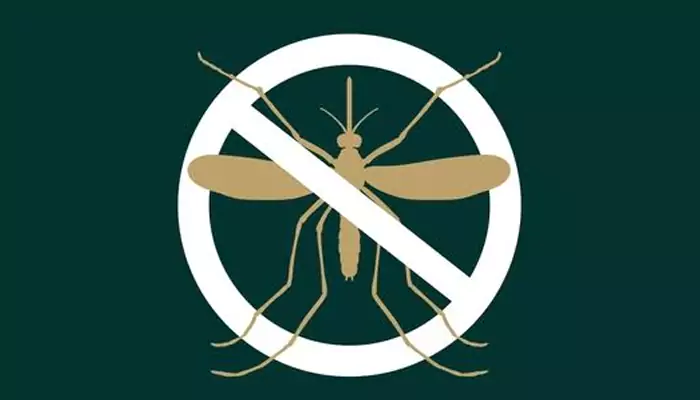Over 33% of Indians Grappling with Pre-Hypertension - A Call to Action for Vital Preventive Measures
- Admin
- 1 year ago
- 4 minutes read

A recent investigation by the Indian Council of Medical Research has unveiled a concerning reality: over 33 percent of Indians grapple with prehypertension, marking an alarming rise in elevated blood pressure levels. This condition, if left unchecked, often escalates to full-fledged hypertension, posing grave risks such as kidney ailments, cardiac complications, and potentially fatal strokes. Medical experts underscore the urgency of addressing this burgeoning health issue, emphasising the imperative of early intervention and proactive measures to mitigate the progression towards hypertension and its deleterious consequences on public health.
What is Blood Pressure?

Blood pressure reflects the force exerted by blood on artery walls. During each heartbeat, the heart pumps blood, causing systolic pressure—the peak pressure. Between beats, the heart relaxes, and pressure drops, known as diastolic pressure.
A blood pressure reading consists of two numbers. Typically, the systolic number precedes the diastolic number. For instance, "120/80" indicates a systolic pressure of 120 and a diastolic pressure of 80.
Understanding these numbers is crucial in assessing cardiovascular health. Elevated blood pressure can strain arteries, increasing the risk of heart disease and stroke. Monitoring and managing blood pressure through lifestyle changes and, if necessary, medication are essential for overall well-being.
How is High Blood Pressure Diagnosed?
Detecting high blood pressure often poses a challenge as it typically manifests without symptoms. Thus, regular blood pressure checks by a healthcare provider become imperative. Utilising a gauge, stethoscope or electronic sensor, and a blood pressure cuff, they obtain readings across multiple appointments before reaching a diagnosis. In the case of children and adolescents, comparisons against age, height, and gender-specific norms are made.
|
Blood Pressure Category |
Systolic Blood Pressure |
Diastolic Blood Pressure |
|
|
Normal |
Less than 120 |
and |
Less than 80 |
|
High Blood Pressure (no other heart risk factors) |
140 or higher |
or |
90 or higher |
|
High Blood Pressure (with other heart risk factors, according to some providers) |
130 or higher |
or |
80 or higher |
|
Dangerously high blood pressure - seek medical care right away |
180 or higher |
and |
120 or higher |
For individuals managing diabetes or chronic kidney disease, maintaining blood pressure below 130/80 is crucial. These measures not only aid in early detection but also facilitate effective management, ensuring better health outcomes.
Who is at Risk for High Blood Pressure?

Hypertension Effects on Your Body
High blood pressure can affect anyone, yet specific factors may elevate one's risk:
- Age: Blood pressure tends to increase with age.
- Race/Ethnicity: African American adults are more prone to high blood pressure.
- Weight: Being overweight or obese heightens the risk of developing high blood pressure.
- Sex: Before 55, men are at a higher risk; after 55, women face increased risk.
- Lifestyle: Certain habits, like excessive sodium intake, insufficient potassium, lack of exercise, excessive alcohol consumption, and smoking, can elevate the risk.
- Family history: A familial predisposition to high blood pressure increases the likelihood of developing it.
How Can I Prevent High Blood Pressure?

Preventing high blood pressure is possible through maintaining a healthy lifestyle. This entails:
- Maintaining a Healthy Diet: Limit sodium intake and increase potassium consumption. Prioritize foods low in fat, along with ample fruits, vegetables, and whole grains. Examples include following the DASH eating plan.
- Regular Exercise: Engage in moderate-intensity aerobic exercise for at least 2.5 hours per week or vigorous-intensity aerobic exercise for 1 hour and 15 minutes per week. Activities such as brisk walking qualify.
- Healthy Weight: Avoiding overweight or obesity reduces the risk of high blood pressure and other health issues.

- Moderate Alcohol Consumption: Limit alcohol intake to mitigate blood pressure elevation and potential weight gain. Men should not exceed two drinks daily, while women should limit to one.
- Smoking Cessation: Quitting smoking is crucial as it raises blood pressure and escalates the risk of heart attack and stroke.
- Stress Management: Adopt stress-relief techniques like exercise, listening to music, meditation, and focusing on calm activities to improve emotional and physical well-being and lower blood pressure.
Safeguarding your health against worsening high blood pressure and potential complications necessitates consistent medical attention and adherence to prescribed treatment. Your regimen encompasses lifestyle adjustments and potentially medications. "Maintain regular medical check-ups and adhere to the treatment regimen provided by your healthcare provider," emphasises prevention of exacerbating your condition. Incorporate recommended healthy lifestyle habits, such as dietary modifications and regular exercise, into your daily routine. Additionally, adhere to any prescribed medications meticulously, ensuring timely intake and dosage accuracy. These proactive measures mitigate the risk of complications and promote overall well-being while managing high blood pressure.












